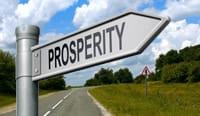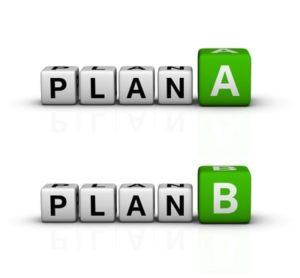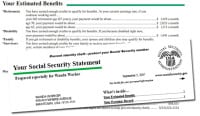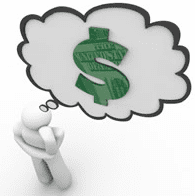In honor of Money Smart Week, let’s talk about cash. Do you have enough? Are you living paycheck to paycheck? My philosophy about money is that is comes down to make choices that are right for you at this particular time of you life. Let’s start with $20.00 cash. What would you do?
A $20.00 may not seem to be a lot of money, but it can be. If I gave you $20.00 bill, what would you do with it?
You could:
- Deposit it to your bank account or open a bank account
- Buy something

- Give it to help someone or a charity to help others
- Have fun by brightening your day
I bet you can think of more choices. Your choices are unlimited. But instead of think about one thing to do, how about thinking about multiple things to do. You might be thinking that $20.00 is too little to do anything with, trust me it’s not.
What will $20.00 buy you:
- Movie ticket and possibly popcorn too
- Flowers for you or to give away
- Picnic lunch on a nice spring day
- Pay extra on a bill
- Can of paint to refresh a room
My suggestion is to think about money is multiples. In this case, it’s not $20.00 maybe it’s 2 $10.00 bills or 4 $5.00 bills. Now what can you do with that? Now you can select multiple things on your list. Your choices are unlimited. Instead of thinking it’s only $20, think 12 months ahead – that would be $240. What could you do with that?
Finding extra money (no matter how small) can be put to good use. The choice is yours – do you use it today or save it for tomorrow?
 In our
In our  ow about saving for …. (insert goal such as paying for college, a car, home, vacation) all the way to financial independence.
ow about saving for …. (insert goal such as paying for college, a car, home, vacation) all the way to financial independence. your goal to save more money for retirement or other goal? Whatever you want, January is always a good time to start.
your goal to save more money for retirement or other goal? Whatever you want, January is always a good time to start.

 No (or minimal) retirement savings! If you are getting up there closer to retirement, this can be a scary thing.
No (or minimal) retirement savings! If you are getting up there closer to retirement, this can be a scary thing. l security posts your income to your account (the same income you file on your federal tax return). I like to double check to make sure mine is correct. It’s much easier for me to check now, then to figure it out when I apply for social security down the road. My records are easily accessible and easy to review to double check.
l security posts your income to your account (the same income you file on your federal tax return). I like to double check to make sure mine is correct. It’s much easier for me to check now, then to figure it out when I apply for social security down the road. My records are easily accessible and easy to review to double check.
